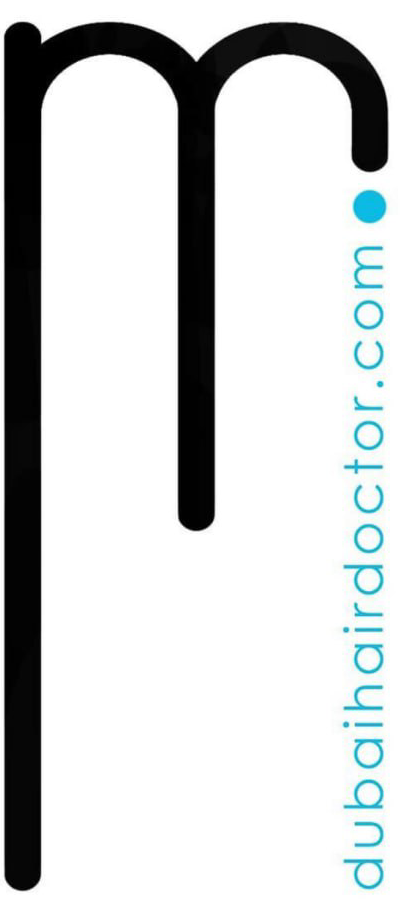Having been in clinical practice for over 20 years I have seen many thousands of people with hair and scalp problems, and in the vast majority of cases the disorders, particularly those of the scalp, have greatly improved as soon as the scalp is either washed more regularly, or better, more appropriate, products are used […]
Have you ever looked at the back of your shampoo/conditioner/styling product and wondered what all of those words on the ingredients list mean? And what they are actually doing to your hair and scalp? Here I de-mystify some of the most commonly used product ingredients.
Acute telogen effluvium has an abrupt onset. The active shedding lasts 1 to 4 months and can lead to thinning of the hair over the entire scalp. The bitemporal areas may be most obviously thinned. Once the daily shedding returns to normal, it may take several months for the scalp hair to regain its normal […]
Hair and frizzy hair frustration seems to peak during the winter months. Perfecting a hairstyle in the morning and finding that by the end of the day your style looks like a dry mess of old hay is a cause of much annoyance. Why exactly is it that we get such frizzy in the winter? […]
Dry Scalp: When it comes to dandruff or flaking, the flakes are actually more likely to be oily than dry – 80% of flaky scalps are. However, flaky scalps are easily remedied by our Clear Shampoo with activated charcoal and menthol. Scalp flaking fluctuates with stress and certain foods – dairy produce being one and […]
Dandruff: Dandruff is not a dry scalp, it’s usually oily. So, don’t rub in oil to remove, this will just give you oilier flakes. A temporary measure to control dandruff is to shake together equal quantities of mouthwash and witch hazel and rub it into the scalp, before and after shampooing. Brushing: Contrary to popular belief, excessive brushing is […]
Hair Loss can cause great psychological distress, anxiety and often depression. Most people are aware that both alopecia areata and genetics are causes of excess hair fall and/ or bald patches. However, often this is not the case. Here are a few causes of excessive hair shedding you might not know about – and are all factors […]
‘Dry hair’ is perhaps one of the most frustrating hair woes. This is especially true in Dubai when you have heat, sun, sea and chlorinated water to contend with. You can have the best colour, cut and hairstylist – but if your hair is dry it’s never going to look or feel its best. Thankfully […]
Is the theory that regular trims lead to hair growth . DHD a trichologist who has been studying hair and scalp health for over 20 years, breaks it down for you. In the world of beauty, it’s ever-so-easy for fiction to become fact. These so-called “secrets” are passed down among generations, traded at beauty shops, touted […]
In their recent article, ‘Loss Adjuster’, Hair Journal spoke to the Dubai Hair Doctor about the signs that hairdressers should look for in order to help and support clients with hair loss. “There are three main types of hair loss and very often it is the regular stylist and junior at the backwash who may spot signs […]
